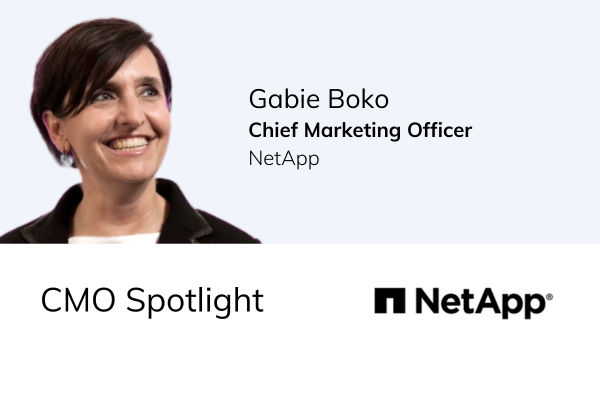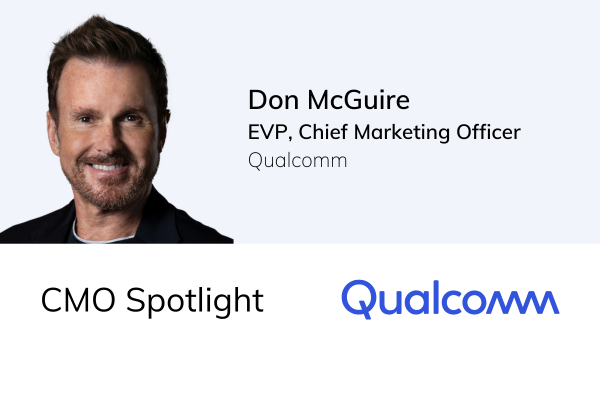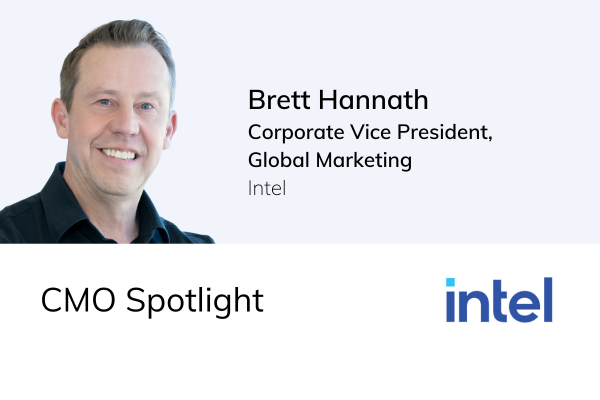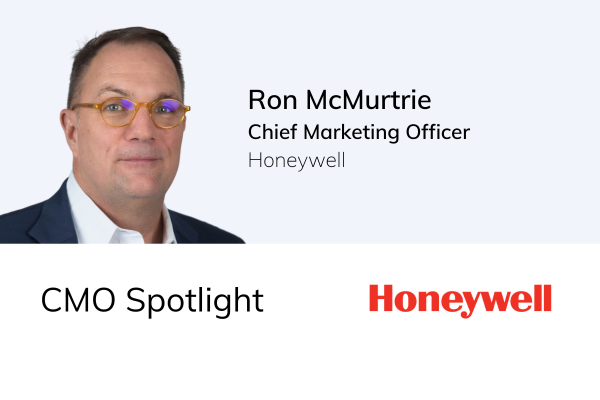Marketing is a Team Sport | AMA Event Recap

The American Marketing Association’s Atlanta Chapter hosted a riveting event featuring a conversation between marketing leaders from Atlanta’s major sports leagues and moderated by Setup CEO + Founder, Joe Koufman.
The following panelists included:
Melissa M. Proctor - CMO and EVP of Atlanta Hawks and State Farm Arena
Morgan Shaw Parker - President and Chief Operating Officer of Atlanta Dream WNBA
Adam Zimmerman - Senior Vice President, Marketing and Content of Atlanta Braves
Ryan Mucatel - SVP of Marketing Communications of AMB Sports and Entertainment
This conversation was especially interesting because it was the third one in the last few years, the first two taking place during peak COVID times.
The following 5 lessons were key takeaways in 2021:
Learn from your team, consumers, competitors, and other industries.
Celebrate the wins to motivate the team.
Invest in your people.
Connect with the community.
Creativity is currency.
Read the blog “The Sports Marketing Playbook Post-2020” here.
Watch the conversation from 2021 on the right.
Many of the lessons remained the same. Since sports is a people-oriented activity, Sports Marketing has always and should always focus on the consumer and their experience.
3 Takeaways from 2023’s conversation:
Takeaway #1 | Data is your friend.
Data has changed the game…literally. Now marketers know their consumers better than ever before. Understanding these behaviors and preferences can lead to different souvenirs, stadium programming, music, mascots - you name it. Zimmerman stated that “Data gives you something you didn’t know you wanted,” and used the example that if Henry Ford asked customers what they wanted, they would ask for faster horses, yet Ford was thinking bigger. Data helps inform us about what we need.
Technology also changes the user experience. Proctor shared that their expectations have changed because the user experience is more customized and personalized compared to before. There is an instant connection between the consumer and the team.
Parker stated that understanding how to utilize data can also help marketers make their case. Data can back up marketing strategies and marketing campaigns, thus informing decision making.
Takeaway #2 | Connection is key.
Just like any entertainment experience, there is so much outside of the marketer’s control. Sports marketers can’t control the game outcome and the player’s behavior, but they can control the fan experience. Getting in tune with what the fan prefers is of utmost importance because, without the fan, they don’t have a game. Zimmerman stated, “Sports is a limbic business,” meaning it is full of emotions, feelings, and connections. “Connection makes you feel like family,” he stated.
Connecting with the audience makes them want to root for and support you. Proctor is a fan of being “culturally curious” and understanding the audience so the brand can relate to and support their community. Since Parker’s team is named by and for the community, she takes this to heart in everything she does.
Mucatel suggested that the best way to understand the audience is to sit in the stands with them and observe their behavior. Ask them questions, and get to know them.
Another method to understanding and connecting with the community is using their content for marketing. “There is no better sales piece than user generated content and word of mouth,” stated Parker. By utilizing their content, you are sharing what the people care about and amplifying what resonates with them, all the while putting your brand on the map. If some companies are weary about user generated content, there is still a way to capture the fan experience in a more controlled fashion. The Braves do this by using their mascot Blooper’s instagram to display the “fan experience” by highlighting what fans care about in the stands.
Takeaway #3 | Real Estate + Retail make bank.
The Braves owning Truist Park, the Falcons taking place at Mercedes Benz, and the Hawks in State Farm Arena have tapped into a whole new arena of opportunity. The panelists all spoke to the benefits of not only making more money because of the sheer amount of businesses in these venues and number of events happening daily, but because of the amplified fan experience. Fans are able to celebrate in a campus that is suited to them. The companies program differently for fans when they have real estate, and it helps build their fanbase. Zimmerman stated that having Truist Park generated revenue that led to the funding that produced a championship win.
He shared that the best way to make money in sports is through “Media, merch, tickets, and sponsorship.”
The best part about these lessons is that they are applicable to all marketers and all companies. Using data to inform your strategy, touching base with your consumer’s preferences, and leaning into other revenue streams all help grow and expand your business and fan base.
Setup CEO + Founder, Joe Koufman, sat down with Gabie Boko, the Chief Marketing Officer for NetApp, to talk about staying consumer focused, being bold, and loving the LEGO brand.
Super Bowl LX showcased brands pushing weight loss drugs, AI, and utilizing celebrities to an absurd amount (what’s new?), as well as another “Minions" movie in theaters (surprised but not shocked). Every marketer weighs in on who won their hearts…and this year, for us, it came down to brands that leaned into storytelling that included nostalgia and emotion, specifically with a human lens.
And if you’ve ever been blindsided by a brand-agency breakup (from either side), you’re not alone. The 2025 Marketing Relationship Survey shows something that’s both surprising and painfully familiar:
Brands aren’t racing to leave… but they’re also not thrilled.
Setup CEO + Founder, Joe Koufman, sat down with Don McGuire, the EVP and Chief Marketing Officer for Qualcomm, to talk about seizing the moment of opportunity, empathetic leadership, Louis Vuitton, and more.
The annual Setup Marketing Relationship Survey reveals a growing disconnect between what clients say ends agency relationships (delivery + value) and what agencies think ends them (budget cuts + leadership changes). If you want stronger partnerships and better outcomes in 2026, this report highlights exactly where relationships break and how to fix them.
Setup CEO + Founder, Joe Koufman, sat down with Brett Hannath, the Corporate VP, Global Marketing of Intel, to talk problem solving, transparent leadership, the bricks-and-mortar experience, and more.
Joe Koufman, author of The Connector’s Compass and Founder + CEO of Setup, shares his passion behind relationship building and why he wrote a book centered around people pursuing more meaningful connections.
Over the past year, we’ve watched the following patterns emerge across seemingly unrelated sectors: rising consumer expectations, demand for authenticity, growing complexity, and the tension between automation and human connection.
We interviewed multiple marketers from an array of industries in our blogs below, and we discovered consistent trends across the board. Check out all of our industry blogs throughout 2025 from leaders at Blackbaud, Hiscox USA, Mimedx, MONPURE, Kimberly-Clark Professional, and more.
A call for marketers and agencies to participate in the 2025 Marketing Relationship Survey, before it’s too late.
On November 19, 2025, Atlanta’s vibrant marketing community united under one roof for the first-ever Atlanta Integrated Marketing Summit (AIMS) — a remarkable experience that turned inspiration into action, focused on meaningful connections, and highlighted incredible leaders from UPS, Kellanova, Edible Brands, and Papa Johns who are actively pushing the industry forward.
Explore the denim duel between AE’s Sydney Sweeney campaign and Gap’s Milkshake-fueled comeback—and what marketers can learn.
Most agency searches begin with urgency: a priority shift, a launch date appears, and suddenly, you’re writing an RFP at midnight. In that scramble, you invite too many firms, ask the wrong questions, and end up choosing based on pitch theater instead of day-to-day fit. The fix isn’t a better RFP template. It’s time - specifically, the time you spend getting to know agencies before you need one.
Marketers are grappling with how to make their strategy feel more impactful and human in 2025, but in the nonprofit world, that challenge comes with the added pressure of limited budgets and expansive missions. For Lynn Godfrey, Chief Experience Officer at Blood Cancer United, the solution lies in staying intentional, deeply segmenting audiences, and adapting quickly in a constantly evolving landscape.
Private wealth marketing is built on personal relationships, which can make the advancements in technology more and more challenging. In an industry where discretion and relationships reign supreme, marketers must learn how to integrate data, automation, and innovation without losing trust.
To explore this balance, we spoke with Cathy McLagan, Managing Director of Growth Enablement at CIBC Private Wealth US.
Joe Koufman, the Founder and CEO of Setup, explains the benefit of reviving the Atlanta Integrated Marketing System (AIMS). Bringing AIMS back to Atlanta is a chance to unite our community, foster new connections, and share practical insights from across the spectrum. Read about how AIMS benefits the Atlanta marketing community:
“Data-driven” marketing is about proactively leveraging insights to make strategic decisions. But what defines a truly data-driven media approach?
If your media strategy feels tangled and unclear, you’re not alone. Here’s how smart brands are simplifying the chaos and getting real results.
Whether you’re managing campaigns for a national brand, a franchise QSR, or a B2B tech company, the challenge is the same: how do you build smarter media strategies that actually tie back to real business outcomes? We spoke with top experts from Sagepath, Goodway Group, and Look Listen to dig into what’s working, what’s changing, and where media performance and analytics are headed next.
On a bright August morning in Atlanta, marketers from across the city from brands like Hiscox, Coca-Cola, Church’s Chicken, and more gathered for Setup’s latest #MarketersBreakfast, ready to explore a topic on everyone’s mind: How can AI truly enhance, rather than replace, human creativity?
Over coffee and conversation, attendees rolled up their sleeves for a hands-on, interactive session led by Aby Varma, the Founder of Spark Novus.
Retail marketing is entering a new era where value, trust, and operational excellence matter more than volume, visibility, and trend-chasing. As shopper expectations evolve, smart retail marketers are embracing personalization, AI, and brand positioning that aligns with customer values. We spoke with Kaylin Staub, the Chief Marketing Officer at SupplyHouse, and a leader we believe to be leading the pack in these efforts. Check out her interview.
In the midst of change and new tech, Marti Walsh, VP of Customer Experience and Marketing at Kimberly-Clark Professional, brings us back to what really matters: showing up with purpose. In this conversation with Setup, she shares how her team builds trust through consistent omnichannel messaging, thoughtful use of AI, and a commitment to authenticity that connects with real people.
Media is about delivering results that are meaningful. Your strategy should be about more than impressions. But with siloed data and rising expectations, it's hard to prioritize meaning under pressure to perform.
That’s why we’ve brought together three powerful blogs filled with insights from industry experts at the top of their media game to help you rethink your media planning, simplify execution, and activate smarter strategies that drive growth.
“Data-driven” marketing is about proactively leveraging insights to make strategic decisions. But what defines a truly data-driven media approach?
Creating a marketing budget isn’t just a financial exercise; it’s a strategic act. It’s your roadmap for growth, your guardrail against wasted effort, and, when done well, your strongest case for internal alignment and external results.
But while most marketers know how much they wish they could spend, far fewer know how much they should. So, where do you begin?
Marketers today juggle numerous platforms, overwhelming data, and competing internal demands, creating a complex media landscape that clouds performance clarity. What drives this complexity, and how can brands effectively navigate it?
Today’s marketers face immense pressure to justify media spend and measure tangible impact. But fragmented data, inadequate tracking, and unclear KPIs often cloud visibility. How can brands build smarter strategies that truly connect media spend to real business outcomes?
At Setup, we don’t just listen, we track patterns, analyze them, and come up with solutions to assist marketers with their challenges. Every year, our Marketing Relationship Survey gathers insights from brand and agency marketers to identify the core challenges, shifts, and opportunities in the client–agency relationship. These aren’t hypotheticals; they’re real-time questions marketing leaders are actively asking. And your answers help drive the industry's evolution.
Every few years, we revisit the Health and Wellness space to track major shifts. Since the pandemic, the industry has made significant strides to meet evolving consumer demands and expectations.
We spoke with Mark Yosick, Senior Marketing Director, Surgical at MIMEDX, about his experience in the space, the challenges he’s faced, and the trends he sees shaping the future.






























Setup’s 2025 Marketing Relationship Survey gives marketers a rare, honest look into what brands and agencies say is working and what quietly destroys partnerships.
The truth is that relationships fail because of patterns, mistakes that pile up over time, even after multiple warnings. So here are the most common red flags and green flags in the agency-client relationship based on what real marketers are telling us.